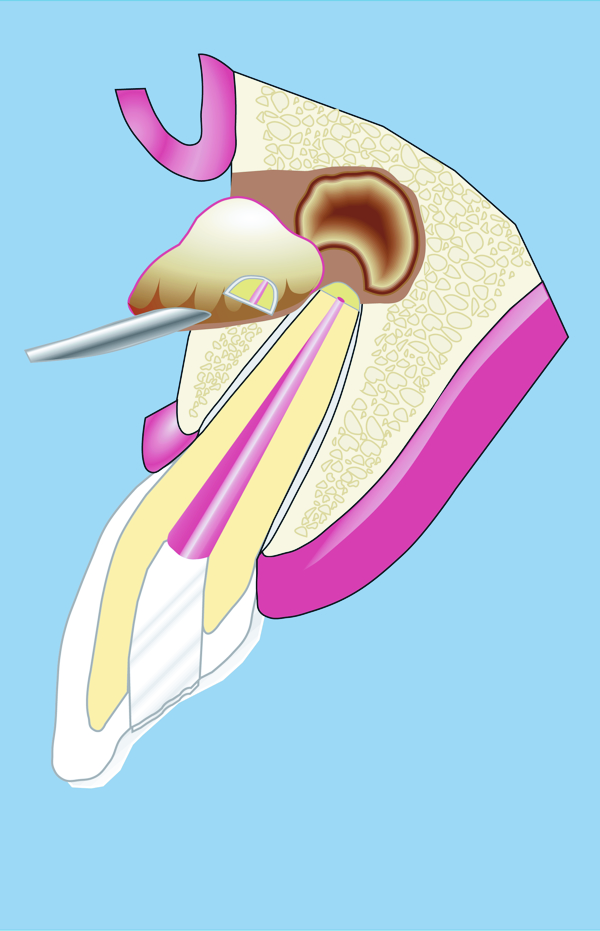Description
Familiarity with Treatment
An apicoectomy, also known as root end surgery or apical surgery, is a minor surgical procedure performed on both children and adults to save at-risk teeth and prevent potentially serious complications. It involves the removal of a tooth’s root tip and surrounding tissue, typically to address residual inflammation or infection near the root tip that reaches into the jawbone. This procedure is often handled by an endodontist, a dental specialist who focuses on root canal care.
Who is it Suitable for?
Apicoectomies are considered routine outpatient dental procedures and are suitable for individuals who need to save a natural tooth from infection or removal. It is often preferred over tooth extraction as it allows individuals to retain their natural tooth, which may be more complicated and expensive to replace. This procedure is typically recommended when there is residual inflammation or infection near the root tip, even after a root canal treatment.
Who is it Not Suitable for?
Apicoectomy may not be suitable for individuals with certain systemic diseases, uncontrolled diabetes, chronic liver disease, chronic kidney disease, or certain blood disorders due to potential postoperative complications. Additionally, individuals with psychological illnesses or those who are pregnant may not be suitable candidates for this procedure.
Advantages
- Allows individuals to save their natural tooth from extraction, which may be more complicated and expensive to replace.
- Addresses residual inflammation or infection near the root tip, preventing potential serious complications.
- Provides a conservative approach to addressing persistent issues following root canal treatment.
Complications
- Postoperative pain is normal for all patients after the procedure, and some degree of swelling and local changes in the area may occur, especially if the surgery was performed in close proximity to the nose and sinuses.
- Potential complications may include pain, swelling, sinus congestion, difficulty breathing, and changes in the area near the nose and sinuses.
Preoperative Care
Before undergoing an apicoectomy, a comprehensive assessment of the affected tooth and surrounding bone is made through the study of images (radiographs). The patient’s medical history, including medication use and existing diseases, is reviewed. Preoperative assessment is crucial to determine the suitability of the procedure and to create a care plan for the patient.
Postoperative Care
After an apicoectomy, postoperative care may involve managing pain and swelling, as well as addressing any local changes in the area near the nose and sinuses. Patients are typically advised to follow specific instructions for pain management and to be mindful of any unusual symptoms or extreme pain, swelling, or signs of infection.





Reviews
There are no reviews yet.